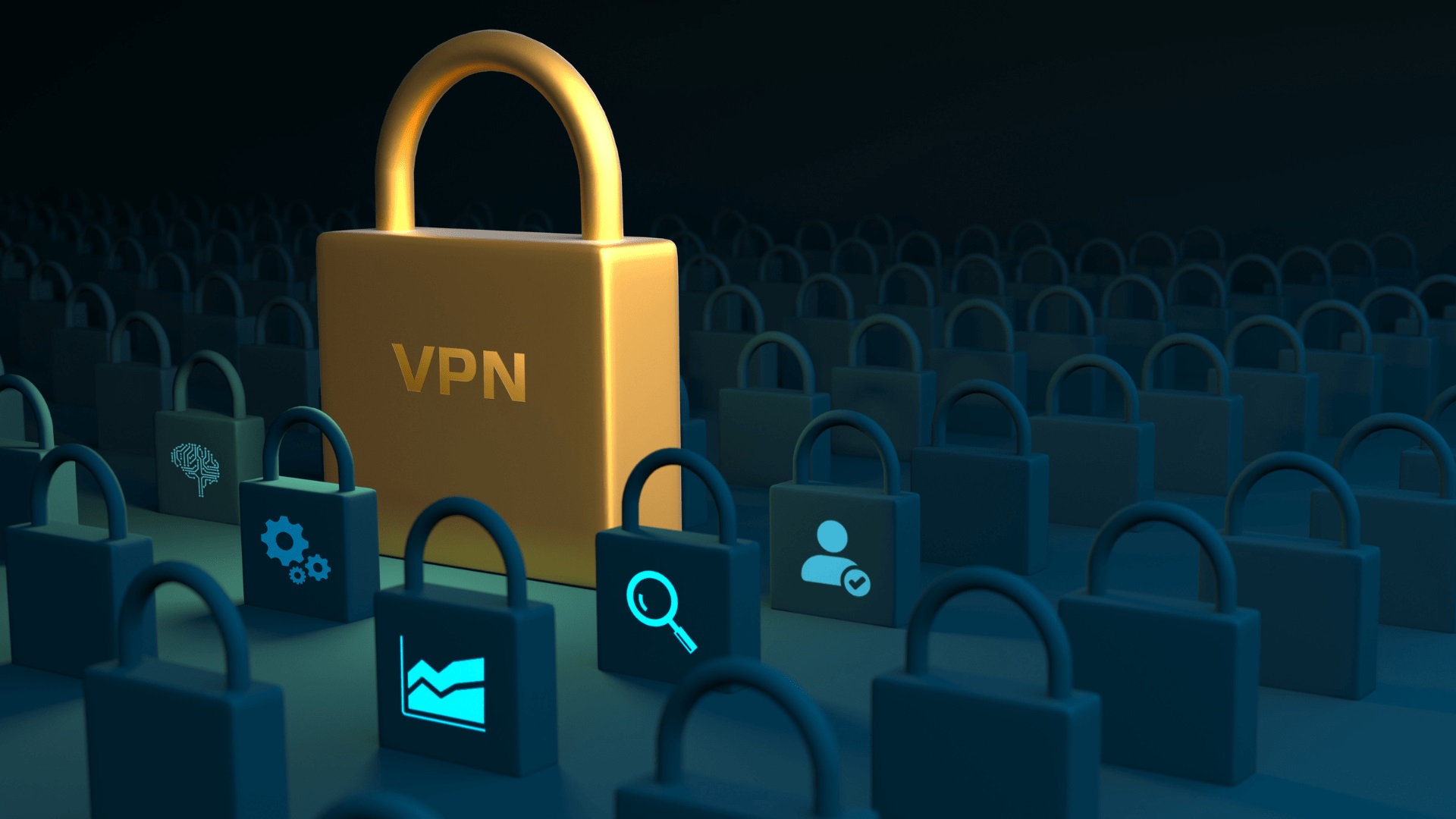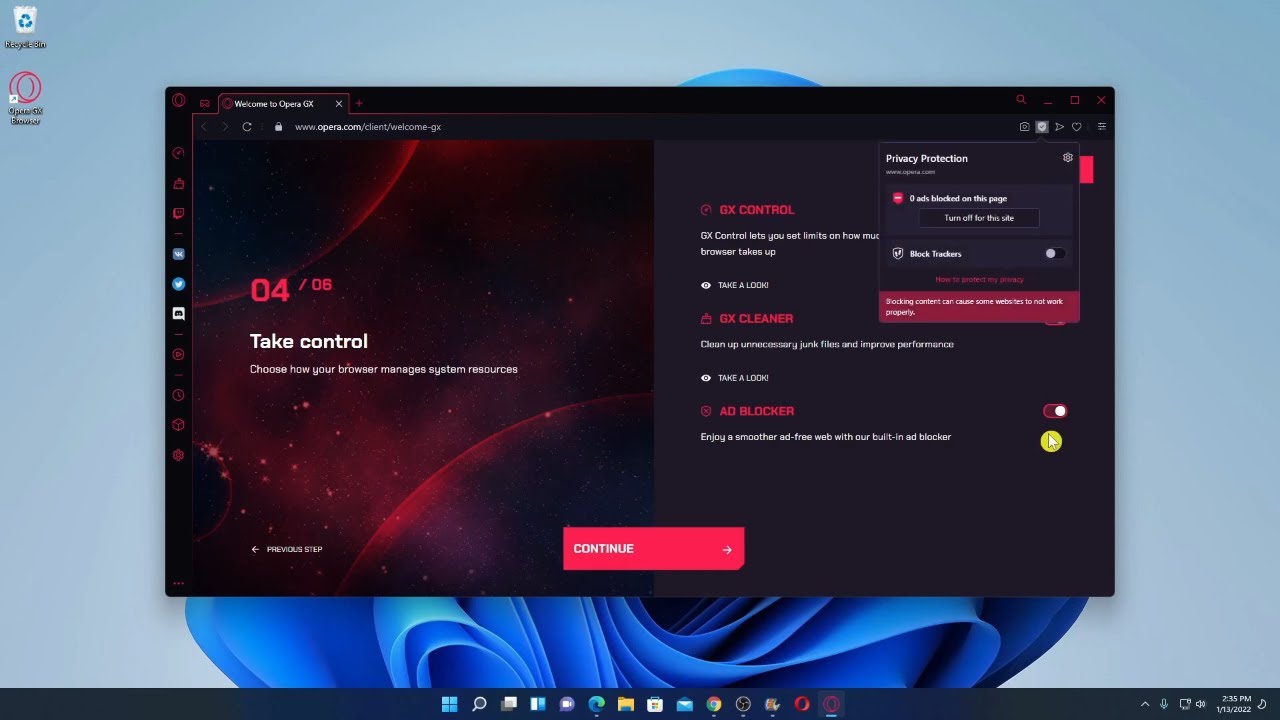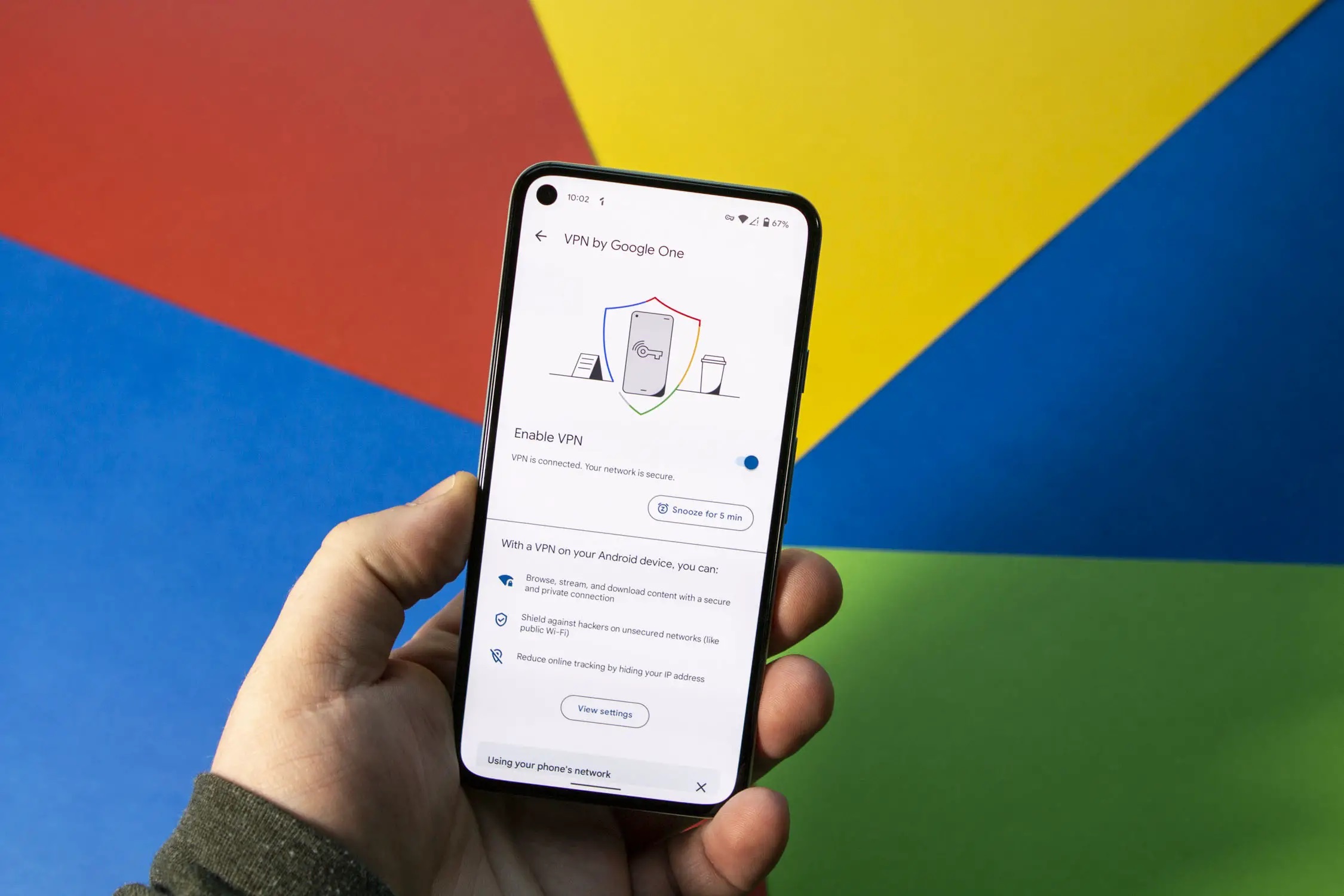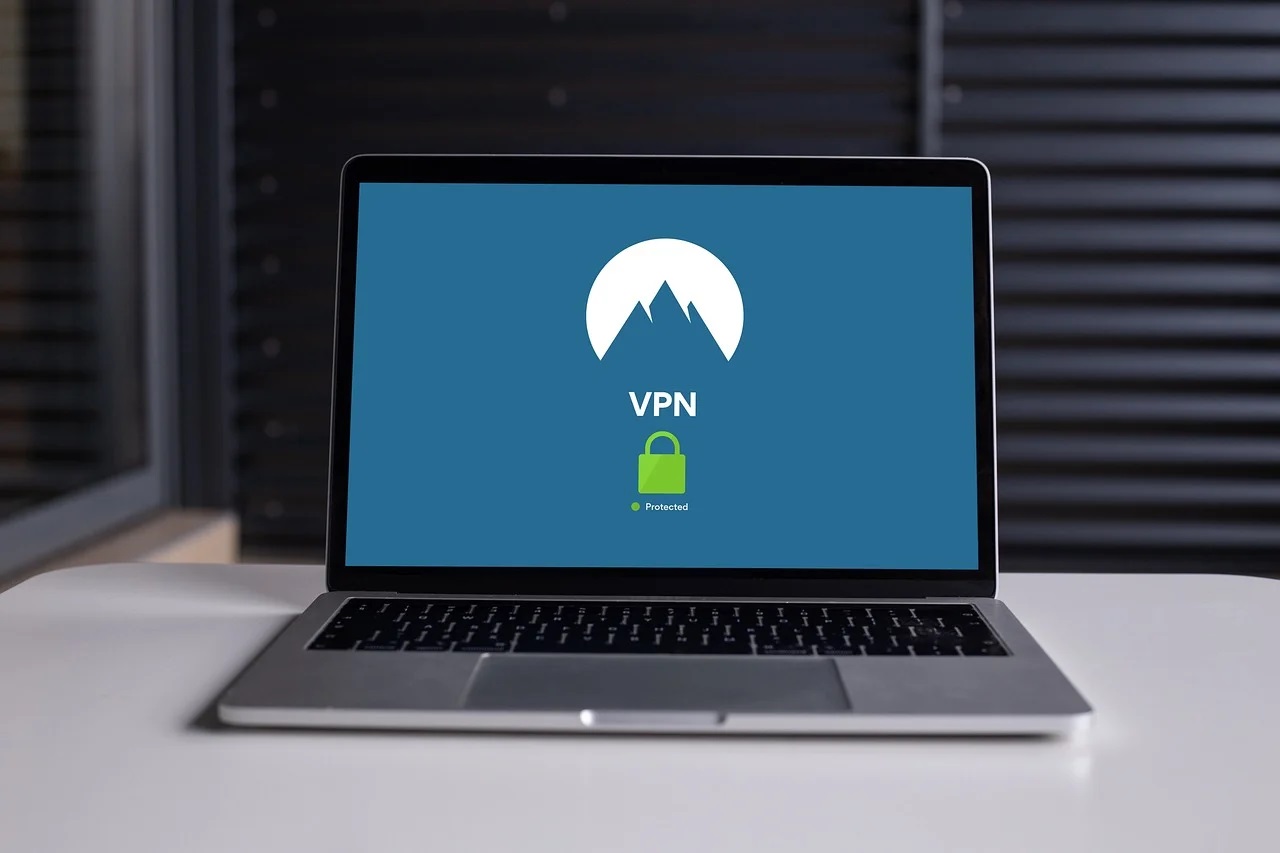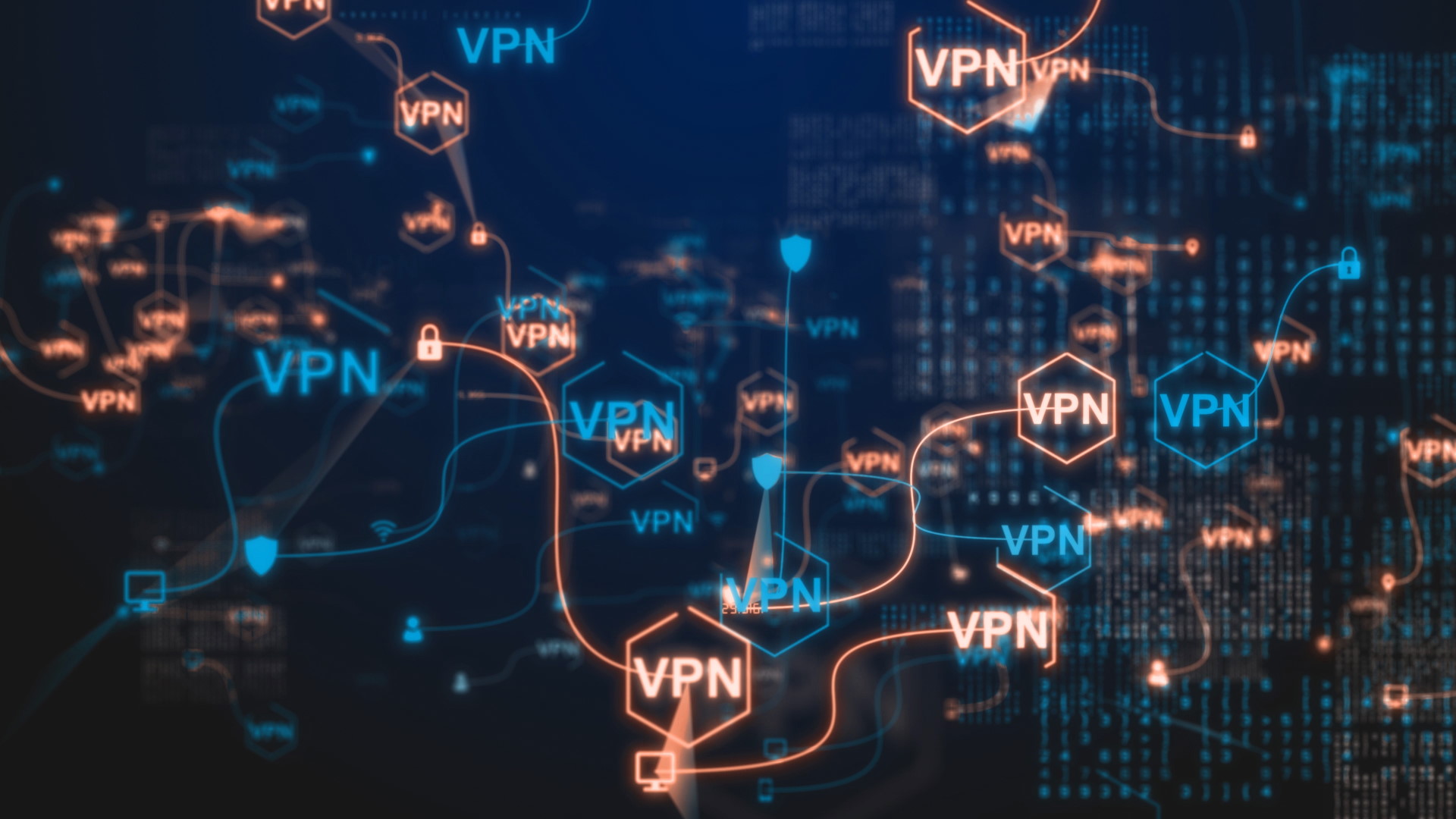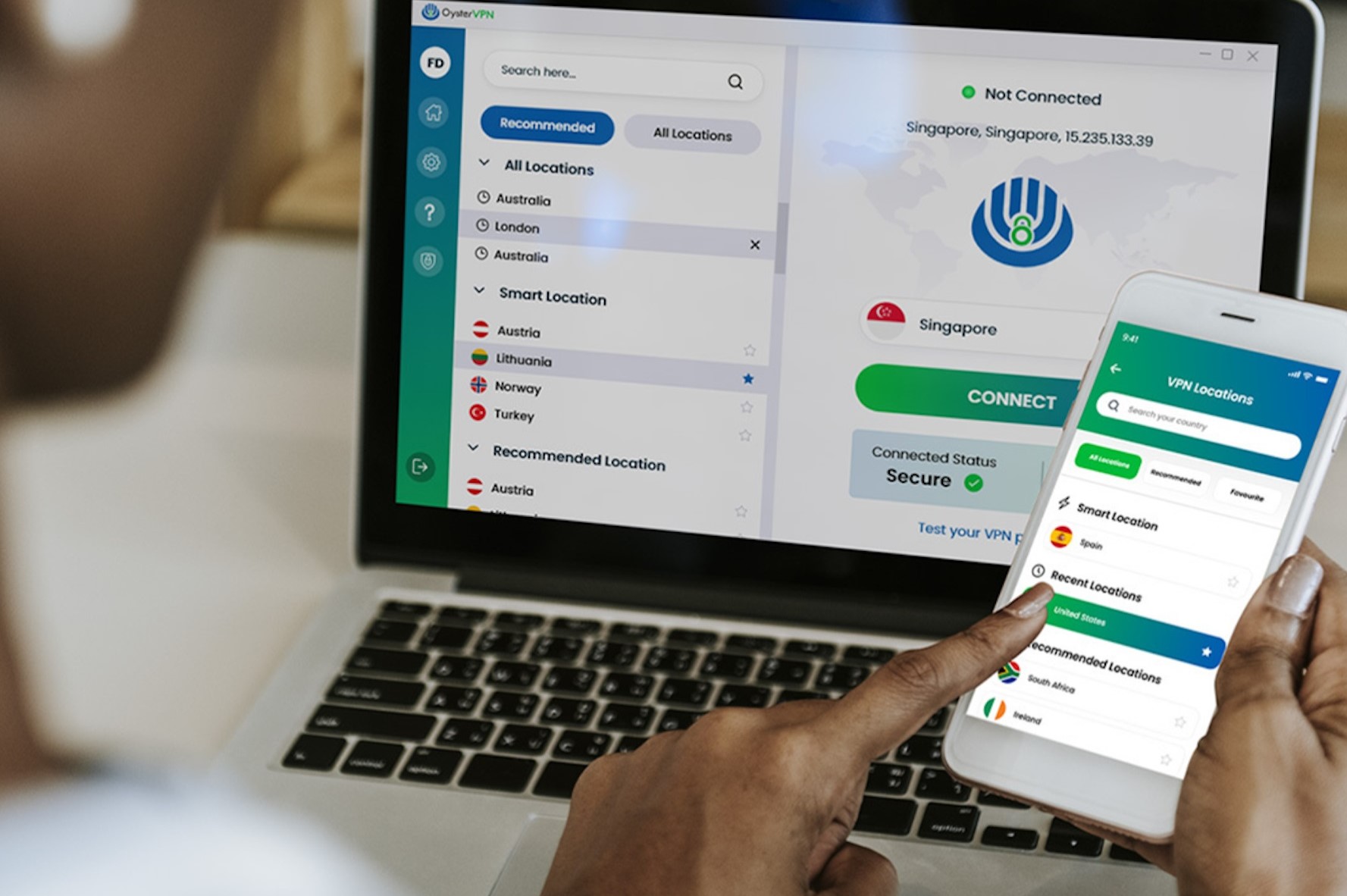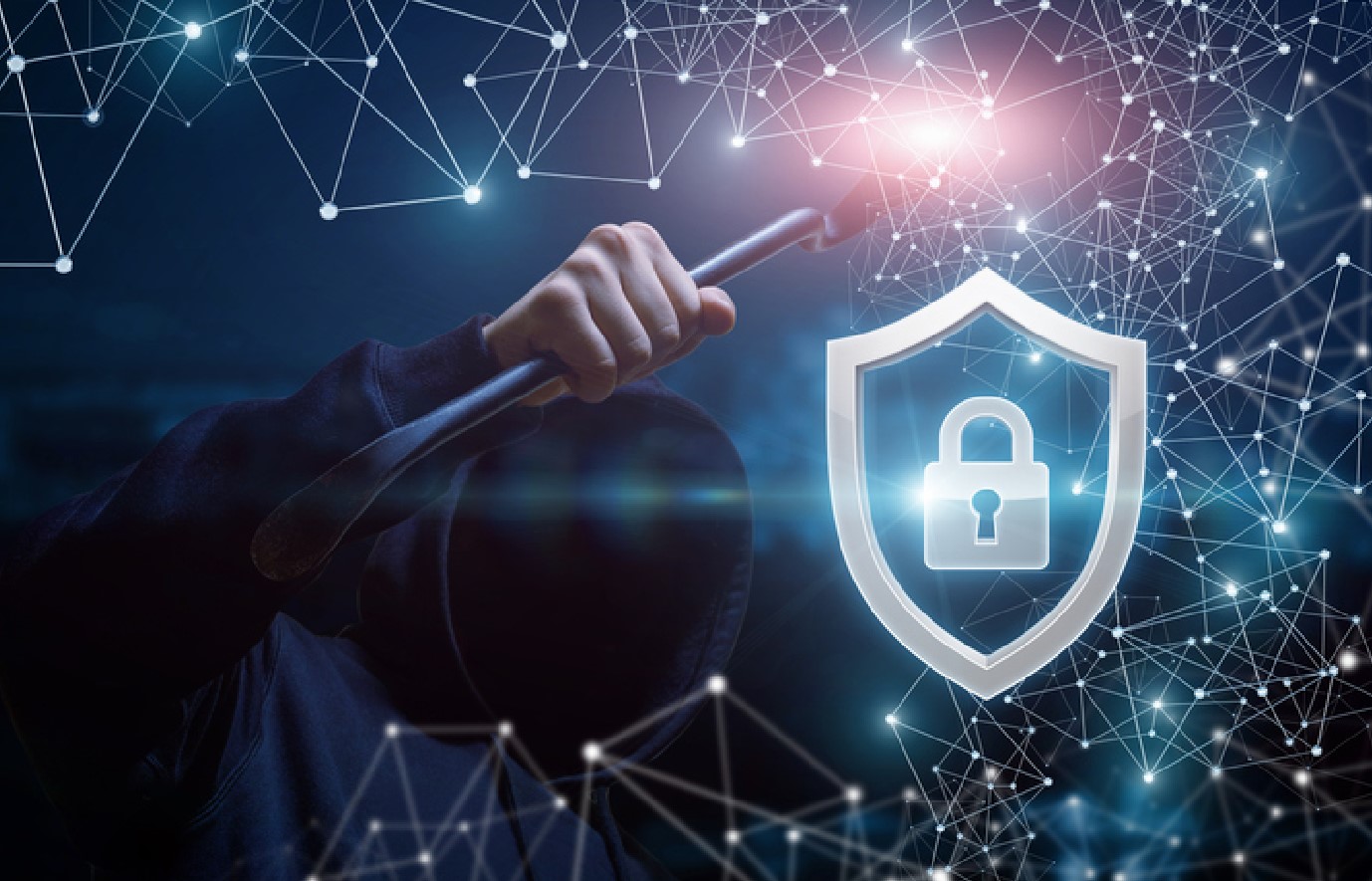Home>Software and Apps>Enhancing Online Security: The Power of VPN and Antivirus


Software and Apps
Enhancing Online Security: The Power of VPN and Antivirus
Modified: September 5, 2024
Protect your online activities with the power of VPN and antivirus software and apps. Enhance your online security and privacy today.
(Many of the links in this article redirect to a specific reviewed product. Your purchase of these products through affiliate links helps to generate commission for Techsplurge.com, at no extra cost. Learn more)
Table of Contents
Understanding VPNs
A Virtual Private Network (VPN) creates a secure, encrypted connection over the internet between your device and a VPN server. This connection allows private, secure browsing by masking your IP address and encrypting data.
How VPNs Work
- Encryption: VPNs encrypt internet traffic, making intercepted data unreadable.
- IP Address Masking: Routing traffic through a VPN server masks your IP address, hiding your actual location.
- Server Locations: VPNs have servers worldwide, allowing you to appear as if accessing the internet from different locations.
- Protocols: VPNs use various protocols like OpenVPN, L2TP/IPSec, and PPTP, each with unique strengths and weaknesses.
Benefits of Using a VPN
- Enhanced Privacy: Masking your IP address and encrypting data significantly boosts online privacy, especially on public Wi-Fi.
- Security Against Hackers: Encryption makes it harder for hackers to intercept and steal sensitive information.
- Accessing Geo-Restricted Content: Connect to servers in other countries to bypass geo-restrictions.
- Avoiding Censorship: Bypass government or ISP censorship to access restricted content.
- Protection Against ISP Surveillance: Encrypting data helps protect against ISP monitoring.
Understanding Antivirus Software
Antivirus software protects devices from malware, viruses, and other cyber threats.
How Antivirus Software Works
- Real-Time Scanning: Continuously scans for malware or viruses, detecting threats immediately.
- Signature-Based Detection: Compares files against known malware signatures in its database.
- Behavioral Detection: Monitors application behavior, flagging suspicious actions as potential threats.
- Removal Tools: Provides tools to remove or quarantine detected malware, restoring device safety.
Read more: Enhancing Online Security with Talkatone VPN
Benefits of Using Antivirus Software
- Protection Against Malware: Shields against various malware types, including viruses, trojans, spyware, ransomware, and adware.
- Regular Updates: Updates databases with new threat signatures, ensuring protection against emerging threats.
- Firewall Integration: Monitors network traffic to prevent unauthorized access.
- Additional Features: Offers features like password managers, file shredders, and parental controls.
- Comprehensive Scanning: Allows scanning of specific files or folders for threats.
Combining VPNs and Antivirus Software
Using both VPNs and antivirus software creates a robust defense against cyber threats.
Why Use Both?
- Comprehensive Protection: Provides protection against external threats (hacking attempts) and internal threats (malware infections).
- Layered Security: VPNs protect data in transit, while antivirus software protects devices from malware.
- Enhanced Privacy: Ensures data encryption during transmission and protection from internal threats.
- Peace of Mind: Multiple layers of protection offer confidence when browsing or engaging in online activities.
Practical Applications
- Public Wi-Fi Networks: Essential for protecting against potential hacking attempts on public Wi-Fi.
- Remote Work: Ensures remote workers' devices remain secure when accessing company resources over untrusted networks.
- Online Shopping: Protects sensitive financial information from interception by hackers.
- Social Media: Safeguards user data from malicious interception.
Choosing the Right VPN
Consider several factors when choosing a VPN, including speed, security features, server locations, pricing plans, and user interface.
Key Factors to Consider
- Speed: Look for fast speeds without compromising security.
- Security Features: Ensure strong encryption protocols like AES-256-GCM and support for secure protocols like OpenVPN or WireGuard.
- Server Locations: Choose a VPN with servers in multiple countries for flexibility in accessing geo-restricted content.
- Pricing Plans: Compare pricing plans to find one that fits your budget while offering necessary features.
- User Interface: Opt for a user-friendly interface for easy connection and management of VPN settings.
Choosing the Right Antivirus Software
Consider factors such as detection rates, additional features, system requirements, compatibility with your device, and customer support quality.
Key Factors to Consider
- Detection Rates: Look for high detection rates against various malware types.
- Additional Features: Some antivirus programs offer features like password managers or parental controls.
- System Requirements Compatibility: Ensure compatibility with your device type, whether Windows or macOS.
- Customer Support Quality: Opt for providers offering good customer support.
- Regular Updates Frequency: Choose providers that frequently update their databases with new threat signatures.



